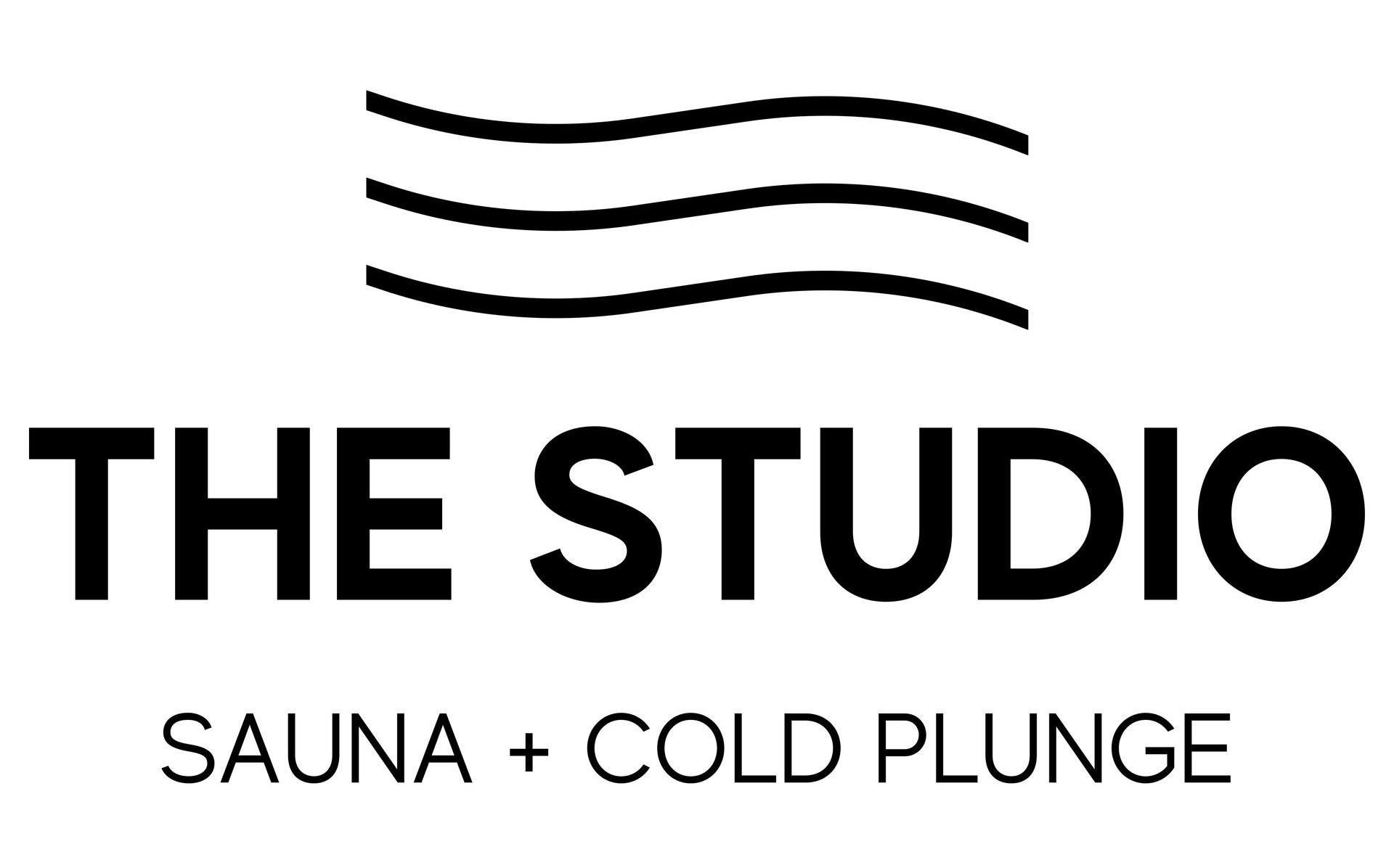Don't "Should" on Yourself!
Why it's beneficial to not "should" yourself!
As I focused on personal growth over the last couple years, it came to my awareness that I had a want, and honestly, a need to improve the dialogue I carry on with myself in a more positive direction. Like a lot of people who have a strong drive to “succeed”, and that definition can vary from person to person, I can be my own worst critic. I found that how I critique myself vastly outweighs what anyone else has to say, and while it might be extremely positive, ultimately what I tell myself is my reality.
I started reading "self-help" and "personal development" genre books, listening to podcasts, and genuinely got curious with others as to what helps them stay positive and feel successful on a day to day basis. I can't remember exactly who said it, or where, but one day someone around me said something to the effect of, "I should do (this)..." to which the other person replied, "You know, should is a dirty word!" It made complete sense to me at that moment. I'm not sure I would've gotten it before the work I had done up to that point, and maybe along the way I had already heard someone say it, but in that moment it made complete sense.
I realized that when I used the word "should", I was usually chastising myself for a decision I had made, or I had been implying I'm not at the correct place in life, and how could I be where I am not? I had started a journey of complete and fearless honesty, being 100 percent real about who I was, who I wanted to be, what steps I needed to take to become that person, and realized the word "should" had no useful place in my vocabulary. I then read some corroborating pieces online, came across some others who had come to the same realization about the word "should", and put together this blog about the negative impact this word can have on us and why we need to drop it from our vocabulary . You'll even find some alternatives you "should" use instead ;) . Happy reading!
The word “should” often carries implicit judgment and obligation, which can make it unhelpful or even counterproductive in many contexts. While it might seem innocuous, relying on “should” can influence how we approach our goals, relationships, and self-perception in ways that might undermine growth or connection. Here’s why avoiding “should” can foster a healthier mindset and communication style:
1. Creates Pressure and Guilt
“Should” implies a sense of duty or expectation that often triggers guilt when unmet. For instance, saying “I should exercise more” or “You should call your parents” can make individuals feel inadequate or overwhelmed if they fail to meet these expectations. Over time, this can breed resentment or self-criticism instead of motivation.
2. Hinders Authentic Decision-Making
When we use “should,” we may base our actions on external expectations rather than our true desires or values. For example, “I should take this job” might reflect societal pressure instead of personal fulfillment. Removing “should” encourages us to reflect on what we genuinely want, fostering authenticity.
3. Weakens Communication
When directed at others, “should” can come across as judgmental or prescriptive. Statements like “You should do X” imply that one person knows what’s best for another, which can create defensiveness or strain relationships. Instead, using phrases like “Have you considered X?” or “I recommend X” invites collaboration and respect.
4. Limits Creativity and Flexibility
“Should” frames the world in binary terms: there’s a “right” way and a “wrong” way to act. This rigid mindset stifles exploration and adaptability. By replacing “should” with open-ended language like “What if I tried…” or “I might consider…,” we open the door to creative solutions.
5. Promotes a Fixed Mindset
The language of “should” often implies fixed standards or outcomes, which can discourage growth and experimentation. For example, saying, “I should already know this” shuts down curiosity, whereas reframing to “I’d like to learn more about this” shifts the focus to progress.
6. Fuels Anxiety
When we focus on what we “should” do, we often ruminate on unmet expectations or potential failures. This preoccupation can heighten stress and anxiety, as we might mentally replay scenarios where we fall short. Shifting from “should” to “could” invites possibility and reduces this emotional burden.
7. Empowers Autonomy
Replacing “should” with more empowering language encourages ownership of choices. For example, instead of saying “I should eat healthier,” saying “I want to eat healthier” emphasizes personal agency and makes the goal feel more attainable.
8. Encourages Positive Framing
“Should” often centers on deficits—what we aren’t doing, haven’t achieved, or lack. Shifting the focus to what we can do or have already accomplished fosters a more positive, growth-oriented mindset. For example, rather than “I should have done more,” consider, “Here’s what I learned and can build on.”
Practical Alternatives to “Should” we could use:
• Use “Could” for Possibilities: Instead of “I should exercise,” say, “I could try a new workout routine.”
• Focus on Desires or Intentions: Replace “should” with “want to” or “plan to,” e.g., “I want to focus on self-care.”
• Express Observations Without Judgment: Swap “should” for neutral phrases like “It might be helpful to…” or “One option is…”
• Adopt Curiosity: Use questions to explore motivations, e.g., “What would happen if I tried this?” instead of “I should try this.”
In conclusion, avoiding “should” encourages self-compassion, fosters healthier communication, and promotes a mindset grounded in choice rather than obligation. By shifting our language, we can reduce unnecessary pressure and create space for growth, connection, and well-being. Dropping the word "should" from my vocabulary has been an extremely positive experience for me, myself, and I as well as my relationships with others. I'm much gentler on myself and remind myself that choices I make are for learning from if I'm not happy with the outcome they produce. I always have the power of choice to try it differently next time. Thanks for reading!




